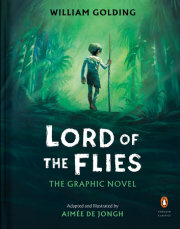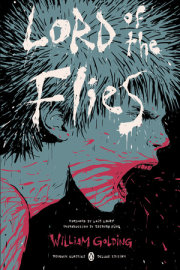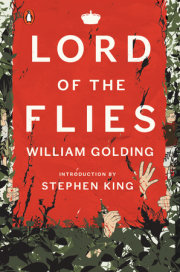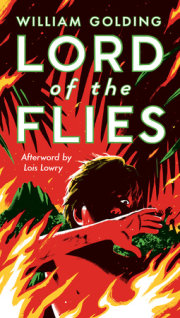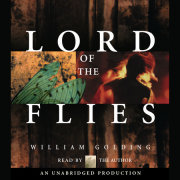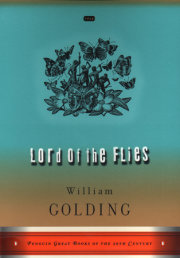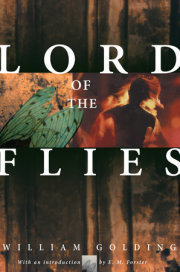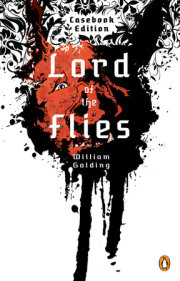William Golding (1911– 1993) was born in Cornwall, England, in 1911 and educated at Oxford University. His first book,
Poems, was published in 1934. Following a stint in the Royal Navy and other diversions during and after World War II, Golding wrote his first novel,
Lord of the Flies (1954), while teaching school. Many novels followed, including
The Inheritors (1955),
Pincher Martin (1956), and
Free Fall (1959), as well as a play,
The Brass Butterfly (1958), and a collection of shorter works,
The Hot Gates and Other Occasional Pieces (1965). He received the James Tait Black Memorial Prize for
Darkness Visible (1979) and the Booker Prize for
Rites of Passage (1980). In 1983, he was awarded the Nobel Prize in Literature “for his novels which, with the perspicuity of realistic narrative art and the diversity and universality of myth, illuminate the human condition in the world of today.” He was a member of the Royal Society of Literature and was knighted by Queen Elizabeth II in 1988. William Golding died in June 1993 and is buried in Holy Trinity churchyard in Bowerchalke, Wiltshire, in England.
View titles by William Golding






